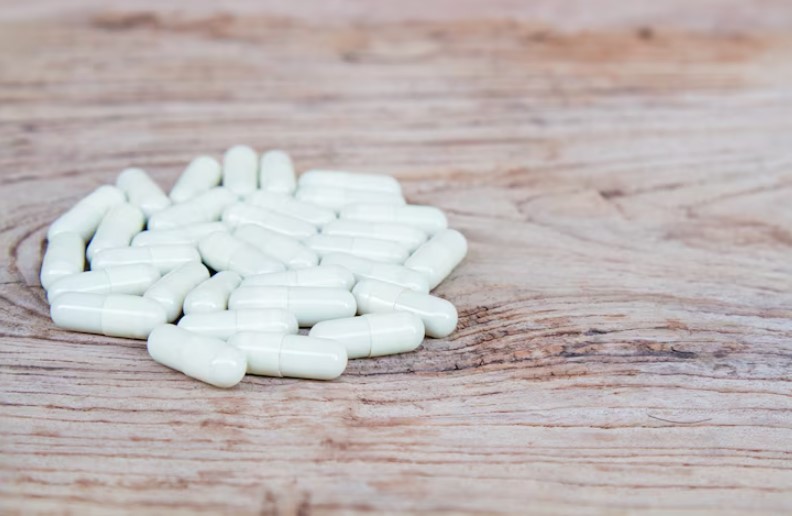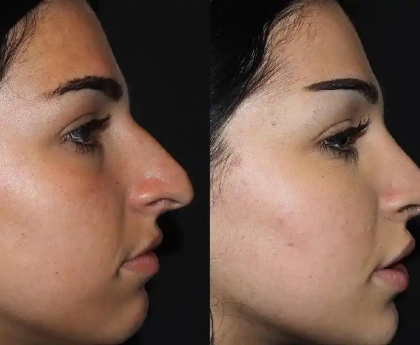Biotin, also known as Vitamin B7, is an essential nutrient that plays a key role in maintaining healthy hair, skin, and nails, as well as supporting metabolic functions. If you’re considering biotin supplements, it’s important to understand the correct dosage and safety guidelines. This guide will help you make informed decisions about biotin supplementation.
What is Biotin?
Biotin is a water-soluble B-vitamin that assists in:
- Metabolism: Helps convert food into energy.
- Hair Health: Supports hair growth and strength.
- Skin Health: Promotes healthy skin and reduces dryness.
- Nail Health: Strengthens nails and prevents brittleness.
Recommended Dosage of Biotin
General Guidelines
The recommended daily intake of biotin varies depending on age, sex, and overall health. For adults, the general dosage guidelines are as follows:
- Adequate Intake (AI): 30 micrograms (mcg) per day for adults.
- Therapeutic Dosages: For those looking to address specific issues like hair loss, dosages can range from 1,000 mcg to 10,000 mcg per day.
Specific Dosage Recommendations
- For Hair Growth: 2,500 mcg to 5,000 mcg per day is commonly recommended.
- For Nail Strengthening: 2,500 mcg per day.
- For Skin Health: 2,000 mcg to 5,000 mcg per day.
Children and Adolescents
The dosage for children and adolescents is significantly lower and should be discussed with a healthcare provider. General guidelines are:
- Infants (0-6 months): 5 mcg per day.
- Infants (7-12 months): 6 mcg per day.
- Children (1-3 years): 8 mcg per day.
- Children (4-8 years): 12 mcg per day.
- Children (9-13 years): 20 mcg per day.
- Adolescents (14-18 years): 25 mcg per day.
How to Take Biotin Tablets
With Food
Taking biotin with meals can enhance absorption and reduce the risk of stomach upset.
Consistency
For optimal results, take biotin tablets at the same time every day. Consistency is key to seeing improvements.
Hydration
Drink plenty of water throughout the day to support overall health and enhance the effectiveness of biotin.
Safety Tips for Biotin Supplementation
Avoiding Overdose
While biotin is generally safe, extremely high doses (much higher than 10,000 mcg per day) are not recommended without medical supervision. Excessive intake can lead to:
- Skin rashes
- Digestive upset
- Interference with lab tests
Potential Side Effects
Though rare, some individuals may experience:
- Skin Reactions: Acne or rashes.
- Digestive Issues: Mild nausea or cramping.
If side effects occur, reduce the dosage or discontinue use and consult a healthcare provider.
Interference with Lab Tests
High doses of biotin can interfere with lab tests, particularly those measuring hormone levels and heart health markers. Inform your healthcare provider about your biotin intake before any tests.
Consult with a Healthcare Provider
Before starting any new supplement, it’s important to consult with a healthcare provider, especially if you:
- Are pregnant or breastfeeding
- Have any underlying health conditions
- Are taking other medications
Choosing the Right Biotin Supplement
Quality and Purity
Select biotin supplements from reputable brands that ensure high quality and purity. Look for products that are:
- Third-Party Tested: Verified by independent labs for quality and potency.
- Free from Fillers: Avoid supplements with unnecessary additives and fillers.
Form and Dosage
Biotin supplements are available in various forms, including tablets, capsules, and gummies. Choose a form that suits your preferences and ensure the dosage aligns with your needs.
Cost and Availability
Compare prices and read reviews to find a product that offers good value for money. Consider purchasing from reputable online retailers or local pharmacies.
Conclusion
Biotin is a valuable nutrient that can support the health of your hair, skin, and nails. By following the recommended dosage guidelines and safety tips, you can maximize the benefits of biotin supplementation. Always





